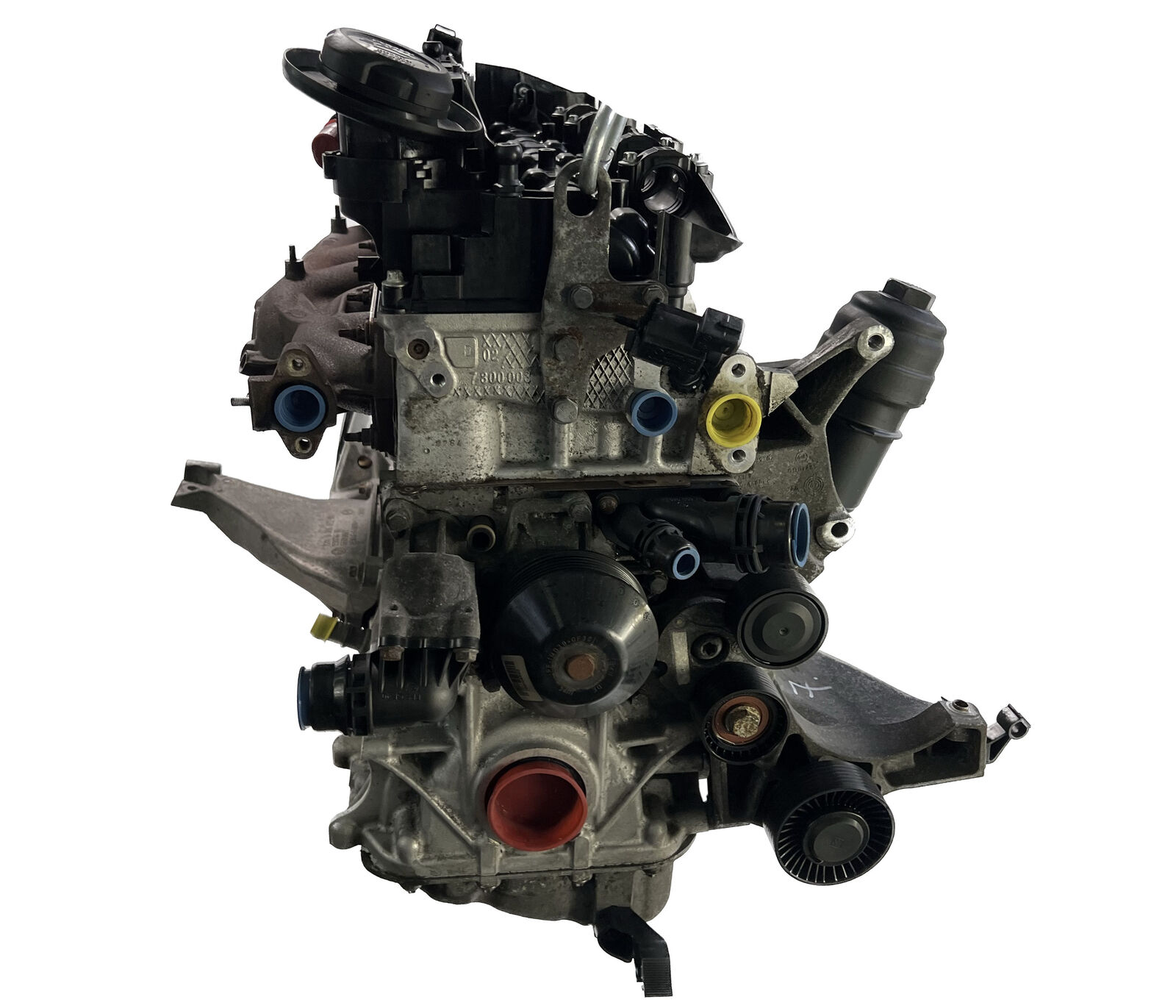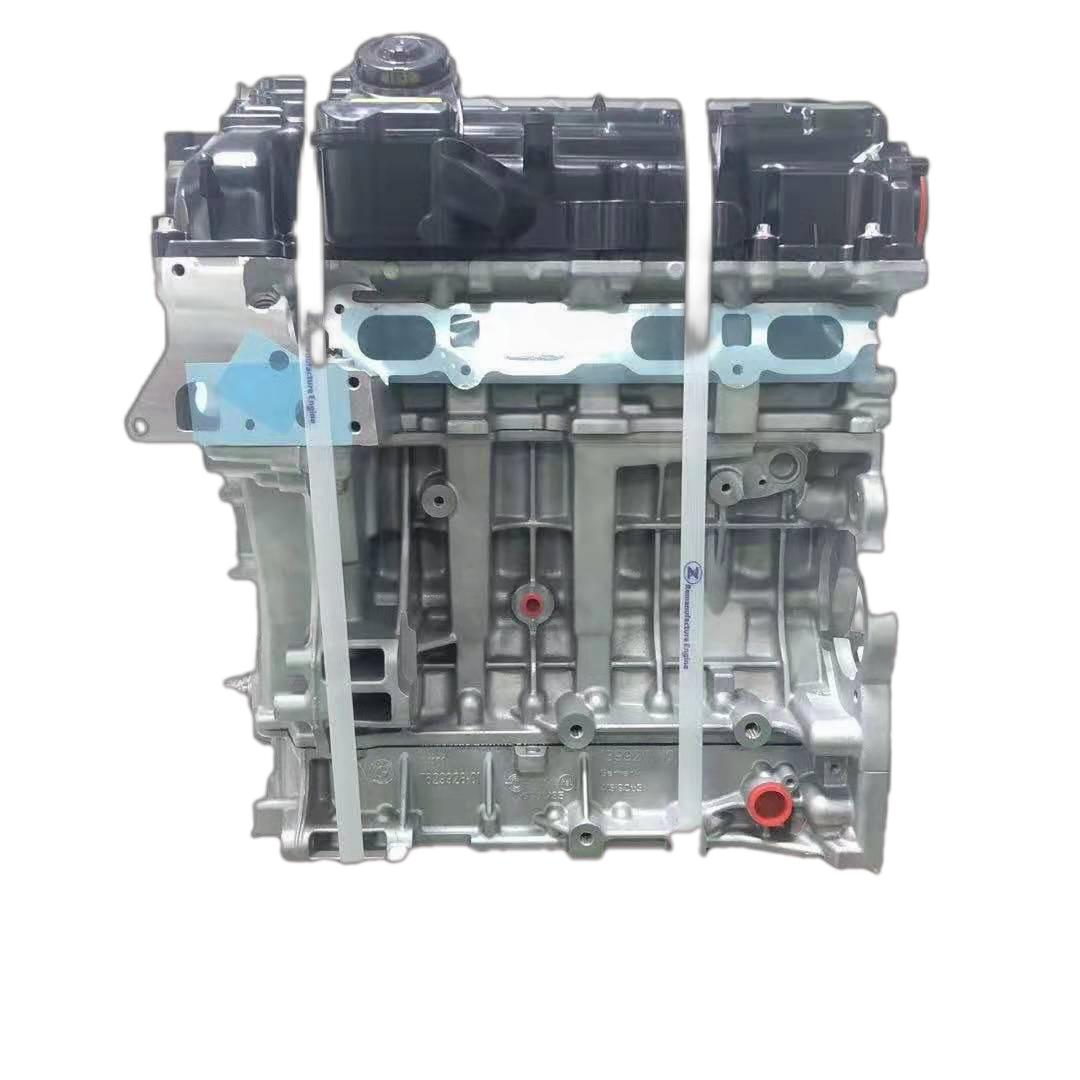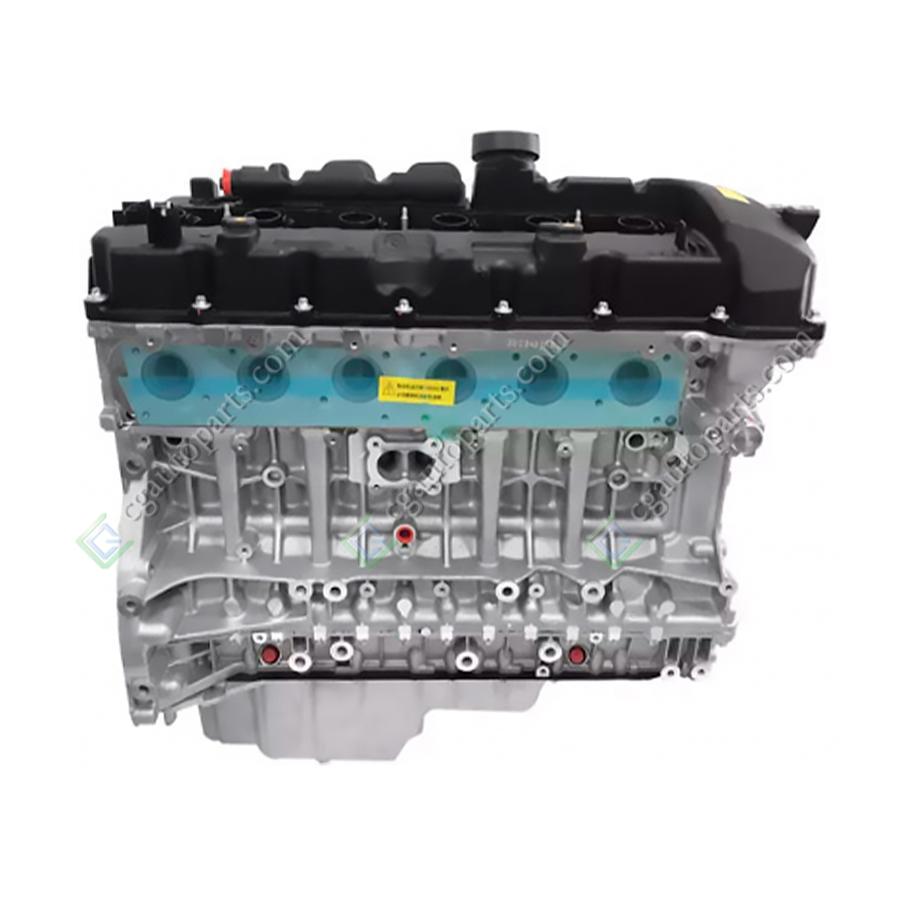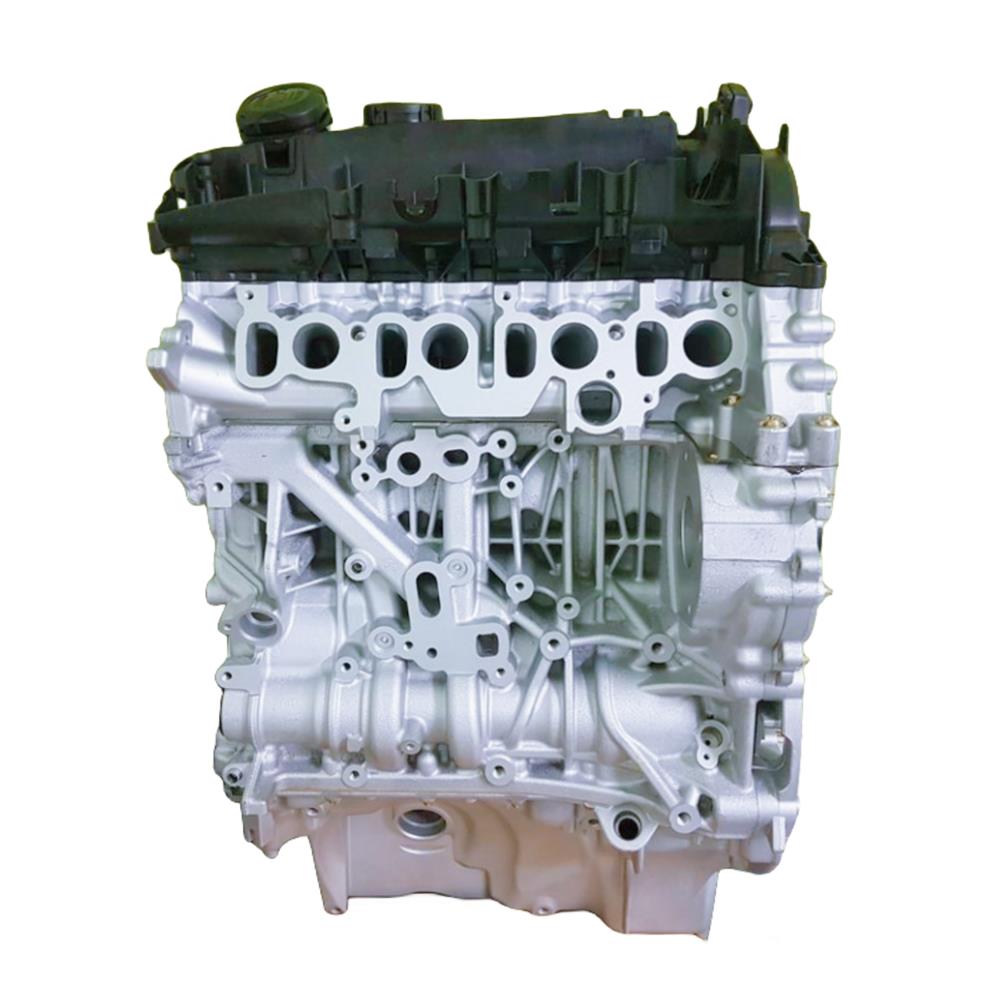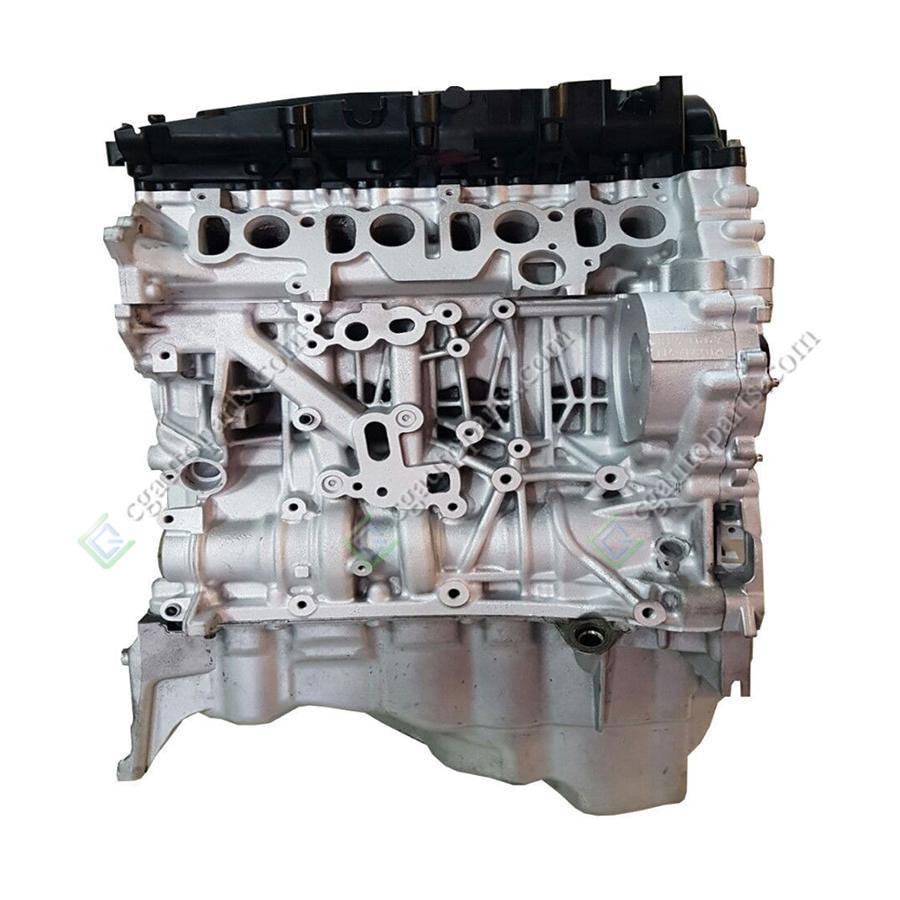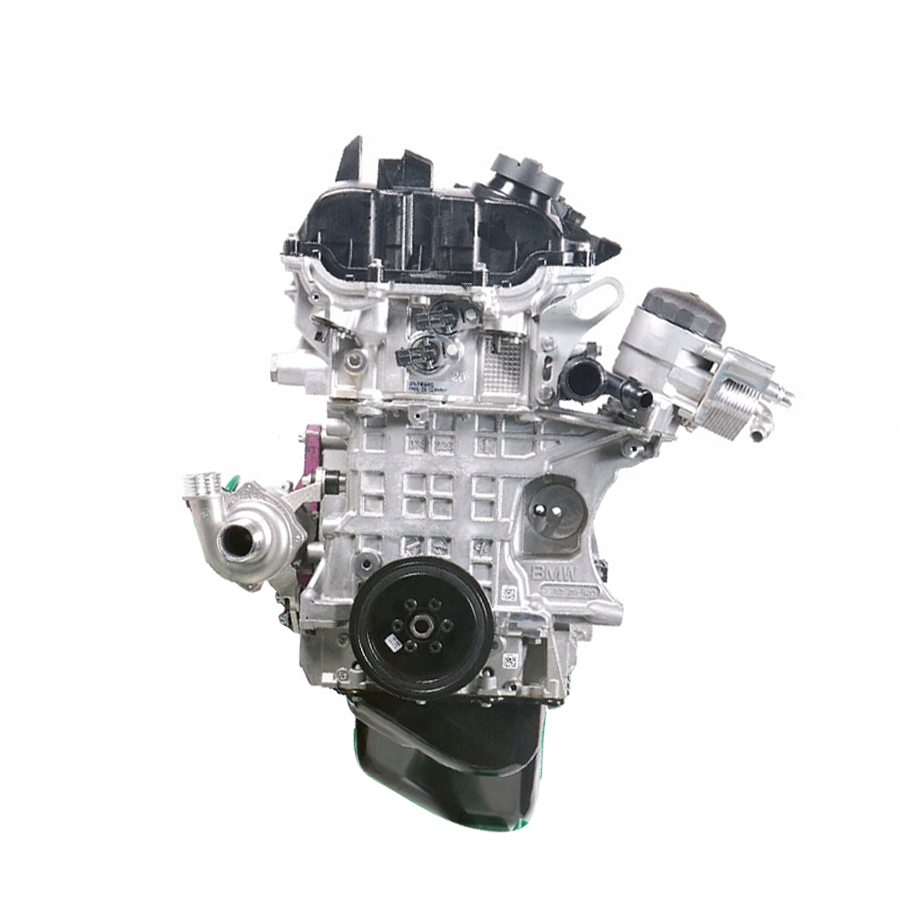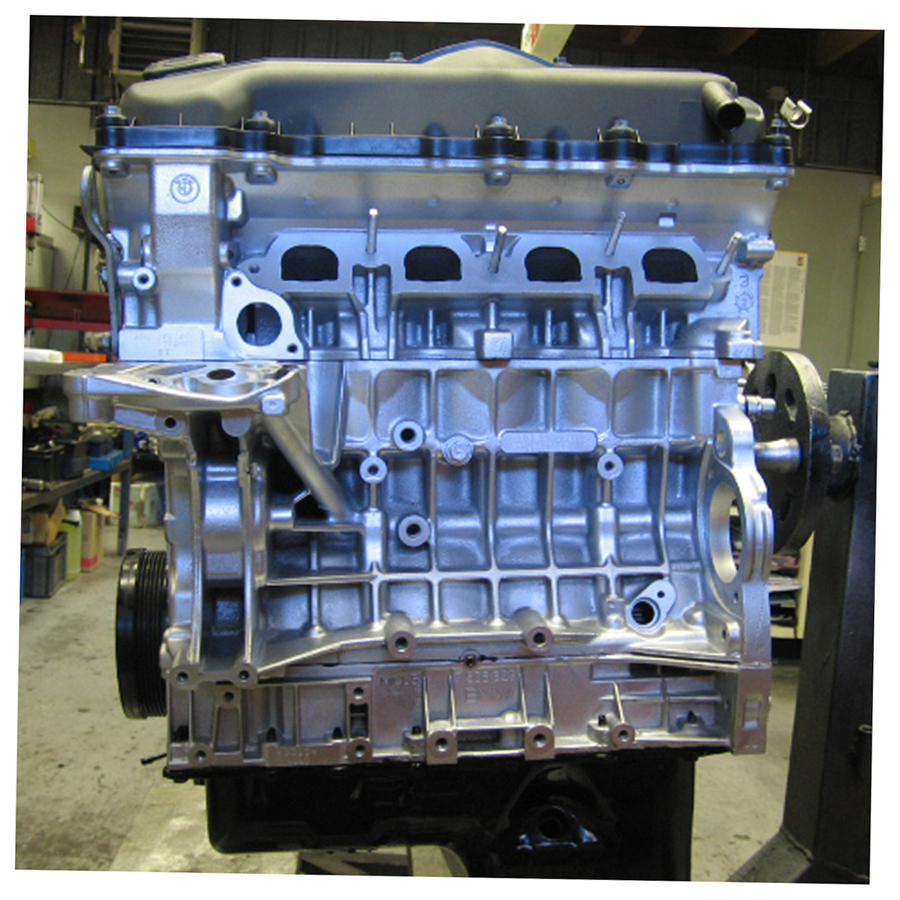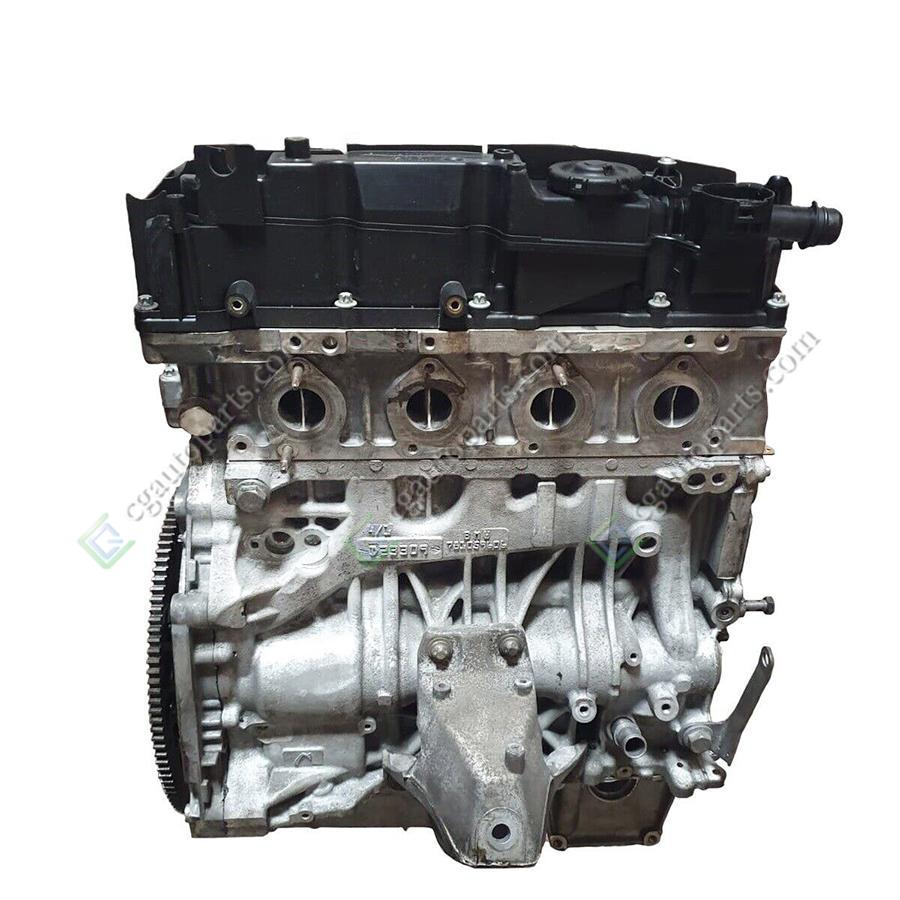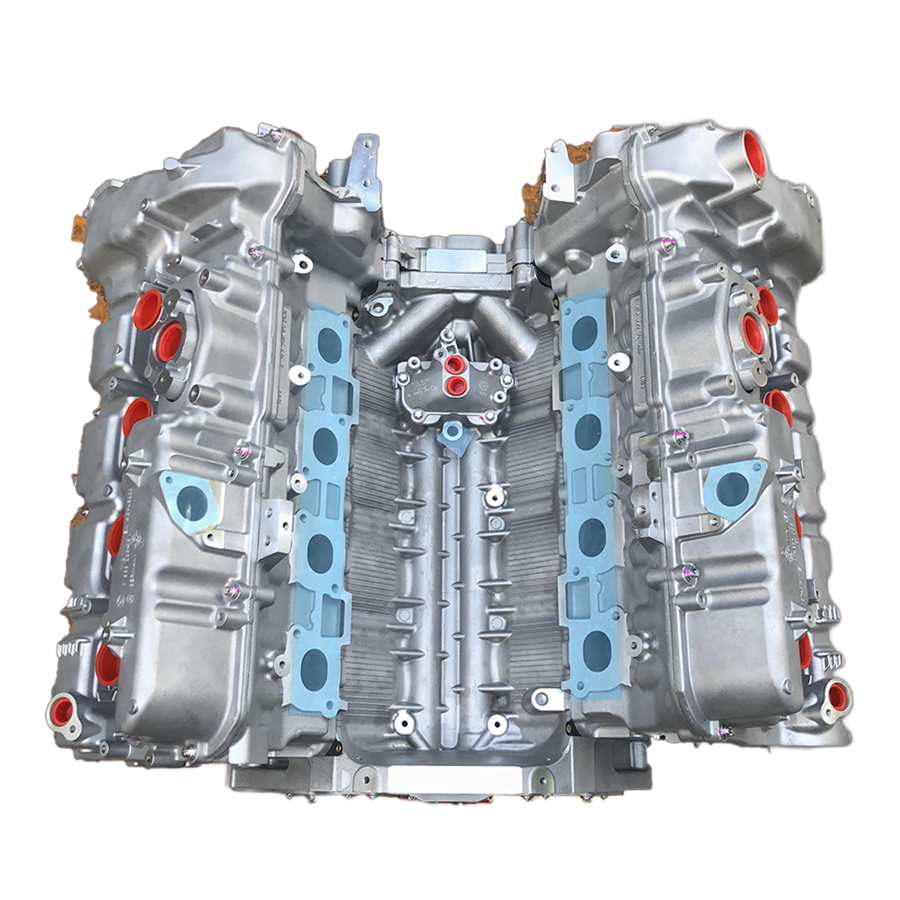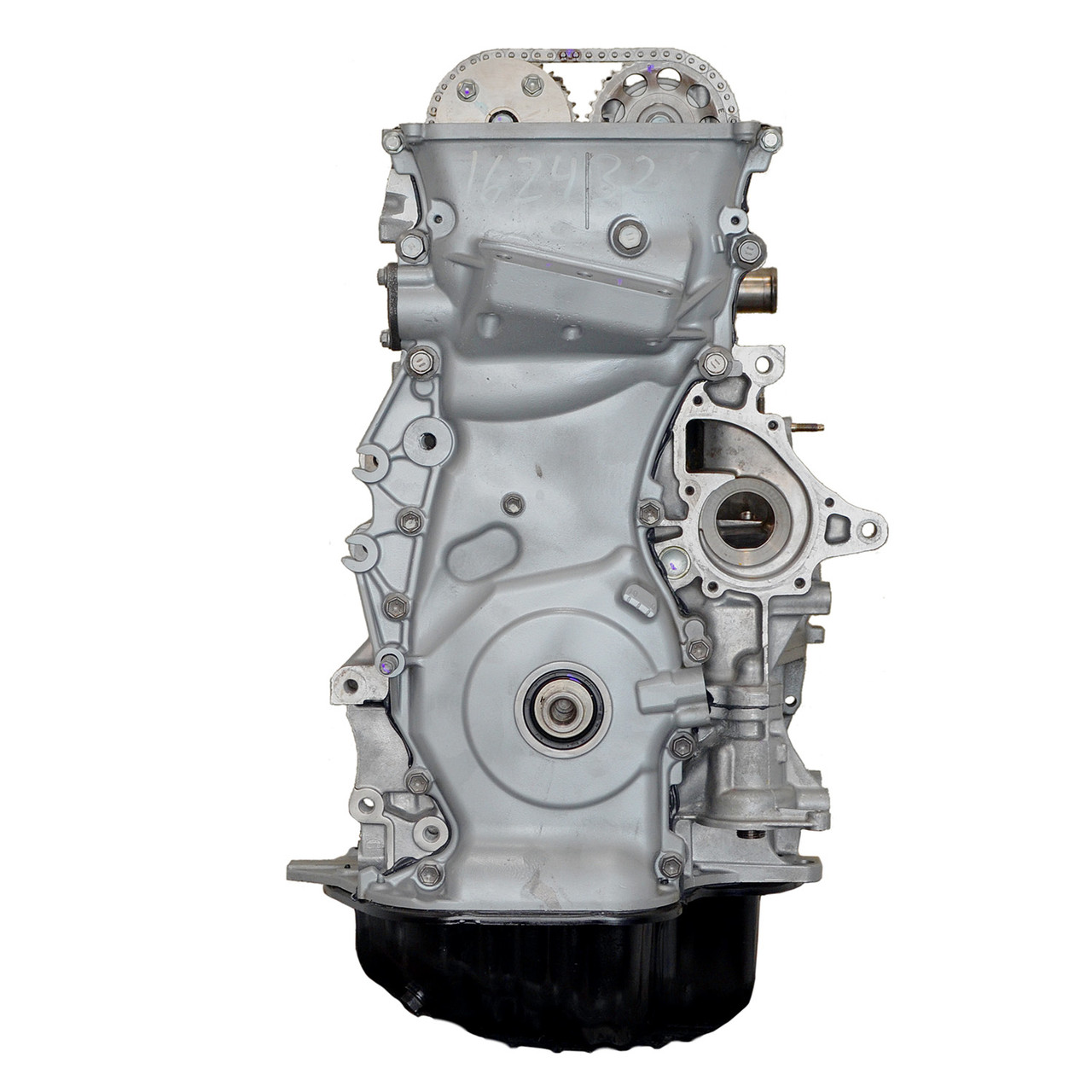0102030405
Engine For Toyota 2AZ-FE
PRODUCT INTRODUCTION

The 2.4-liter Toyota 2AZ-FE engine was produced in Japan, China and the USA from 2000 to 2019 and was installed on the most popular models of the concern, such as Harrier, Previa, RAV4 and Camry. The units of this series are known for the problem with the breakdown of the threads of the cylinder head bolts.
This motor debuted in 2000 and was assembled at factories in Japan, China and the USA. The design for that time was classic: an aluminum block with cast-iron sleeves and an open cooling jacket, an aluminum 16-valve head without hydraulic lifters and a timing chain drive with a variable valve timing system on the intake camshaft. As with many engines larger than 2.0 liters, a block of balance shafts was used here.
The motor has been upgraded a couple of times and in addition to the basic version type 00, there are type 03 and type 06, which differ in minor changes in the engine electrics and the environmental part. The 2006 modification also received new block head bolts with a long thread of 30 mm, since the old bolts with a 24 mm thread often did not stand up, which led to the failure of the cylinder head. Versions after 2008 have an increased compression ratio from 9.6 to 9.8 and more power.
Specifications
| Production years | 2000-2019 |
| Displacement, cc | 2362 |
| Fuel system | injector |
| Power output, hp | 145 – 170 |
| Torque output, Nm | 215 – 225 |
| Cylinder block | aluminum R4 |
| Block head | aluminum 16v |
| Cylinder bore, mm | 88.5 |
| Piston stroke, mm | 96 |
| Compression ratio | 9.6 – 9.8 |
| Hydraulic lifters | no |
| Timing drive | chain |
| Phase regulator | VVT-i |
| Turbocharging | no |
| Recommended engine oil | 5W-20, 5W-30 |
| Engine oil capacity, liter | 4.3 |
| Fuel type | petrol |
| Euro standards | EURO 3/4 |
| Fuel consumption, L/100 km (for Toyota Camry 2007) — city — highway — combined | 11.6 6.7 8.5 |
| Engine lifespan, km | ~350 000 |
| Weight, kg | 133 |
The engine was installed on:
●Toyota Alphard 1 (AH10) in 2002 – 2008; Alphard 2 (AH20) in 2008 – 2015;
●Toyota Camry 5 (XV30) in 2001 – 2006; Camry 6 (XV40) in 2006 – 2011;
●Toyota Harrier 1 (XU10) in 2000 – 2003; Harrier 2 (XU30) in 2003 – 2008;
●Toyota Highlander 1 (XU20) in 2000 – 2007;
●Toyota Ipsum 2 (XM20) in 2001 – 2009;
●Toyota Mark X ZiO 1 (NA10) in 2007 – 2013;
●Toyota Matrix 2 (E140) in 2009 – 2014;
●Toyota Previa 2 (XR30) in 2000 – 2005; Previa 3 (XR50) in 2006 – 2019;
●Toyota RAV4 2 (XA20) in 2003 – 2005; RAV4 3 (XA30) in 2005 – 2008;
●Toyota Solara 1 (XV20) in 2001 – 2003; Solara 2 (XV30) in 2003 – 2008;
●Scion xB E150 in 2007 – 2015;
●Scion tC AT10 in 2004 – 2010;
●Pontiac Vibe 2 in 2009 – 2010.
Disadvantages of the 2AZ-FE engine
●The most well-known problem with such motors is the stripping of the threads of the block head bolts. The designers chose its length incorrectly and over time a gap appeared under the cylinder head, which led to a mixture of oil and antifreeze. In 2006, the thread was increased to 30 mm.
●The power units of the first years of production suffered from a relatively moderate oil consumption, but after the update in 2006, it grew a lot and became the hallmark of the series. The reason for the appearance of lubricant consumption was usually the occurrence of oil scraper rings.
●The timing drive is carried out by a thin chain, which is often extended to 150 thousand km. The inlet phase regulator lasts a little longer and they are often changed at the same time.
●These engines do not like long driving at low speed, for example in traffic jams. In purely urban engines, it is not uncommon for cylinders to go into an ellipse up to 200,000 km.
●The plastic gears of the balance shafts, the water pump, the overrunning clutch of the generator pulley and the engine mounts are famous for not a very high resource here. The plastic intake manifold of the first years of production was very noisy at low speeds. Also, this motor loves to coke, especially the EGR valve in its Japanese versions.


